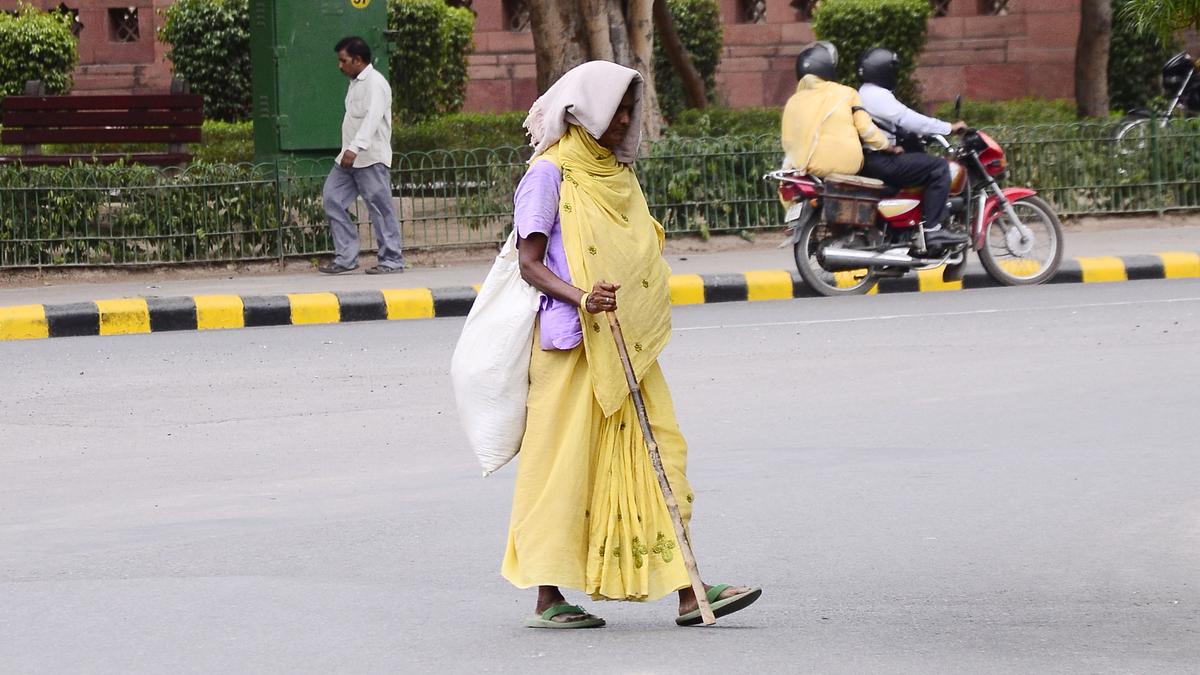
Elders are financially not secure: HelpAge India report
The Hindu
HelpAge India report reveals financial insecurity among elders, highlighting lack of preparedness for later years and health challenges.
Nearly 65% of elders are financially insecure with their current income and access to savings and investments, according to the HelpAge India report, ‘Ageing in India: Exploring Preparedness & Response to Care Challenges’, which was released recently to commemorate ‘World Elder Abuse Awareness Day’ on June 15.
According to the report, high illiteracy levels further aggravated the situation, with around 40% of the elderly who are illiterate reporting not having access to any income sources in comparison to 29% of literate respondents. The study was conducted across 20 tier I and tier II cities in 10 states, and a total of 5,169 elders and 1,333 caregivers were surveyed.
The report reveals that a majority of India’s elders are not prepared for their later years, with high dependency on others for a dignified living. The financial insufficiency amongst elders showed in how one in every three elders did not have any income in the past year, more amongst women (38%) than men (27%). 32 % elderly or their spouses have an annual income of less than ₹50,000, and only 29% reported having access to social security schemes like old-age pension/contributory pension/provident fund.
Only around 15% of elderly persons reported currently working, with 24% elderly males and only 7% elderly females reporting work participation. The work participation of older people varied marginally with their place of residence, tier I cities (17%) and tier II cities (14%).
A small proportion of older people (29%) reported having access to social security schemes like old-age pension/contributory pension/provident fund. As many as 35% of older people from the SEC B categories reported having pensions, compared to 20% of the elderly from the Socio-Economic Category (SEC C).
On the health front, more than half of older people (52%) reported facing at least one challenge related to primary or instrumental activities of daily living. As many as 54% are suffering from two or more Non-Communicable Diseases (NCDs).
Most of the elderly persons (79%) visited government hospitals/clinics/PHCs in the last year. Almost half (47%) of the super senior citizens that is, those above 80 years, who visited these government hospitals/clinics had no personal income. “It is safe to assume that monetary constraints did not allow them to visit any private healthcare facilities,” the report explained.











